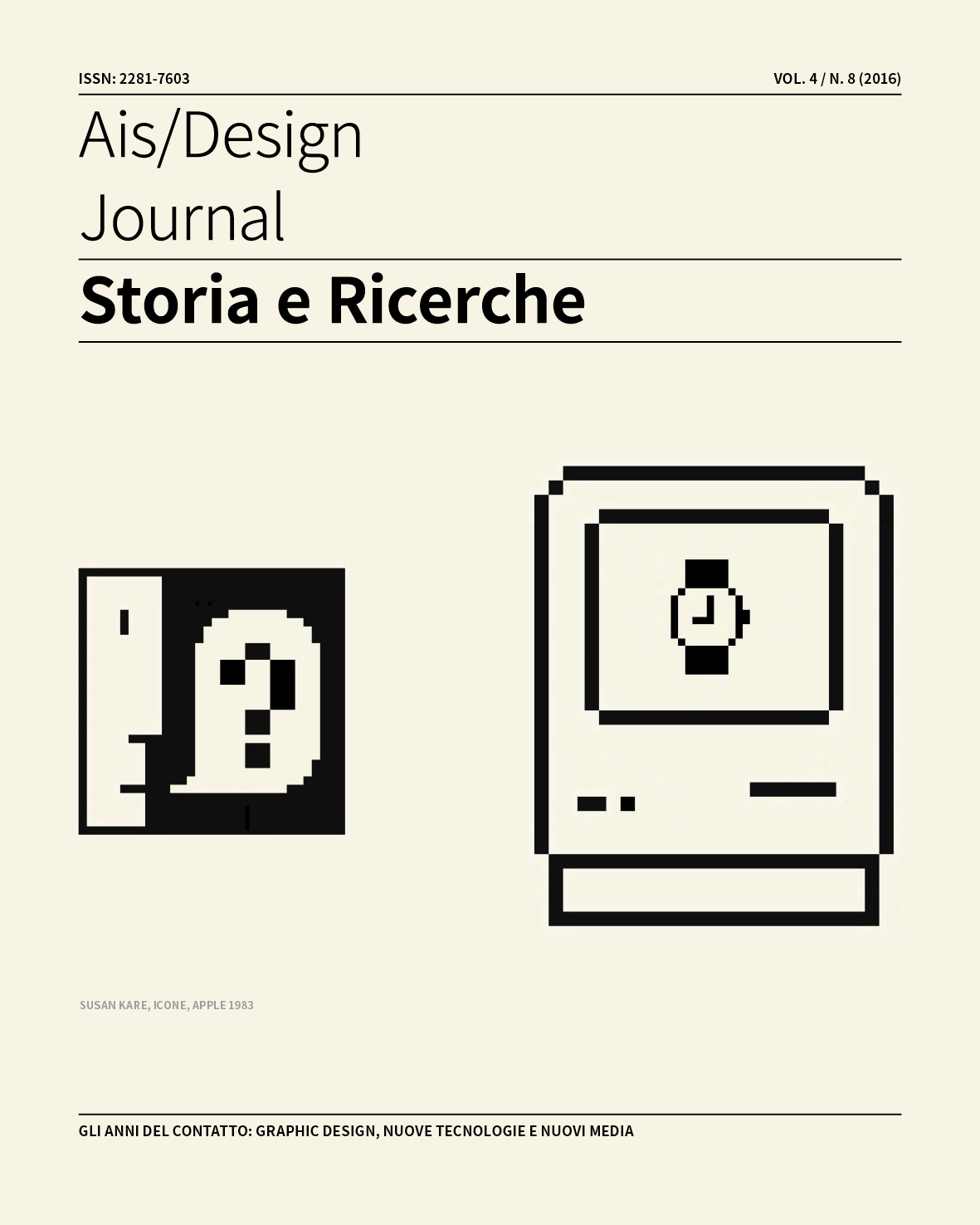Digital Game Boards and Video-Ludic Processes
Abstract
In this essay, I intend to analyse some of the elements that have characterized the transition of board game design to the Digital Era, a transition that began rather suddenly at the end of the sixties and that in little over fifty years, has revolutionized most of the traditional, centuries-old, world of games. My considerations revolve around the general theory that digital culture has strengthened some of the typical capabilities of board games, especially those regarding the involvement and the ludic experience through simulation. I, therefore, intend to examine recent theories of game design to identify those that can reinforce these capacities and to highlight their methods.
Copyright (c) 2016 Isabella Patti

This work is licensed under a Creative Commons Attribution-NonCommercial-NoDerivatives 4.0 International License.
Creative Commons NonCommercial-NoDerivates 4.0 international License (CC BY-NC-ND 4.0).


